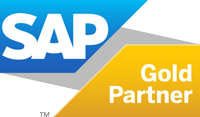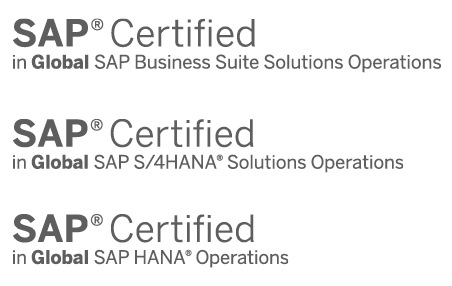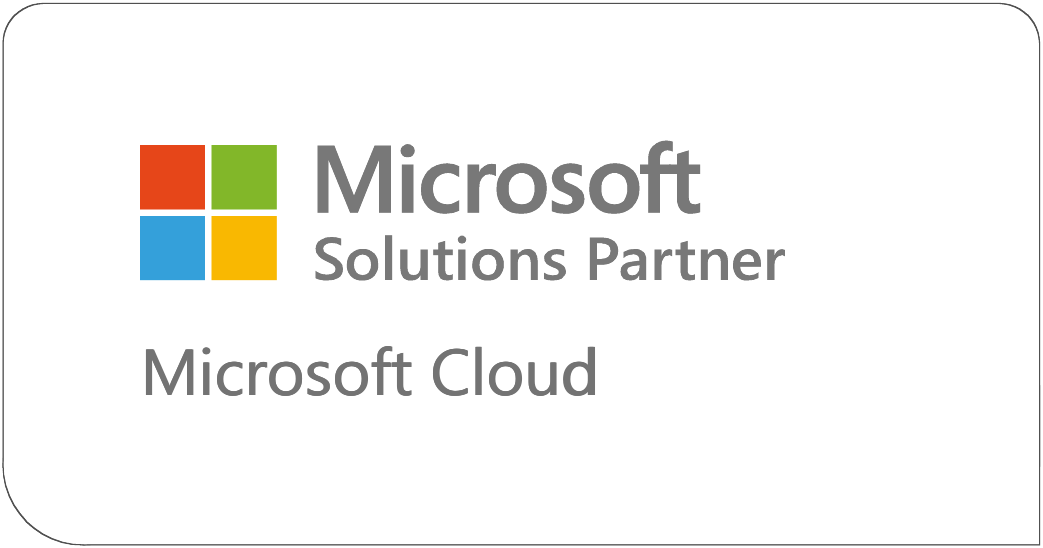Digital transformation is inexorably leading us to the Data Economy, which is becoming an asset, so mastering it skillfully is essential to exploit the full potential of the current moment, marked by changes and the redefinition of the future.
Three technologies are featuring the research firms’ analyses, Cloud, Internet of Things (IoT) and Big Data, and all of them are set to see a huge increase in adoption in the coming years.
Without going any further, spending on public cloud services alone, a segment in which Syntax is a benchmark due to its specialisation in the Amazon Web Services (AWS) platform, will grow by 18.4% in 2021 to reach $304.9 billion. This is the forecast from Gartner, whose experts tell us that “the pandemic has validated the cloud’s value proposition”, due to its pay-per-use model and its ability to scale, which allow companies to ensure business continuity and control costs to accelerate their digitisation plans.
The same analysts say that, despite the impact of the pandemic, 47% of organisations will increase their investment in IoT in the coming years. IDC researchers agree with this positive progression, estimating that this market segment will grow by 11.3% this year, with turnover close to $824 billion.
Big Data and Analytics investment will not lag behind, as this market will register annual growth of more than 12% to generate $105 billion on a global scale by 2027, according to Gartner.
Complementary technologies
The concept of Big Data identifies the large volume of highly varied information from many different sources that organisations handle. If it is to be a valuable asset, it must be processed and managed in a cost-effective and innovative way so that it can be understood and used for decision-making and process automation. In other words, it is a technology that enables the management of large data sets, which can be analysed to improve the way things are done and respond quickly to market needs.
The Internet of Things is, as the name suggests, a network of physical objects, a collection of devices or ‘things’ that are linked together through an internet connection. At the centre of the collection are the ‘things’, which are equipped with sensors, and their information is sent and collected via the Internet. The data collected through multiple sensors provides highly useful decision-support data, and also makes it possible to automate processes and control devices in real time, tasks that were previously manual, such as predictive maintenance of industrial facilities, remote monitoring and control of operations, or optimisation of supply chains.
Cloud completes the trinomial as an IT model that allows access to remote computing resources and takes advantage of a pay-per-use model that brings flexibility, scalability and agility to corporate IT architectures, thus playing an important role in being able to store, manage and analyse all this data.
The generation and collection of data has become a key part of the modern economy and, in a future loaded with data, with billions of devices connected to the Internet, it will also be key to rely on architecture and intelligent platforms that are capable of extracting all the value that these technologies can bring, in this regard SAP, a company of which we are a Gold Partner, proposes the Business Technology Platform.
Syntax can help you to seize the opportunity presented by the Data Economy. Follow this link to see how we support companies around the world in their cloud strategies to accelerate their digital transformation processes.



